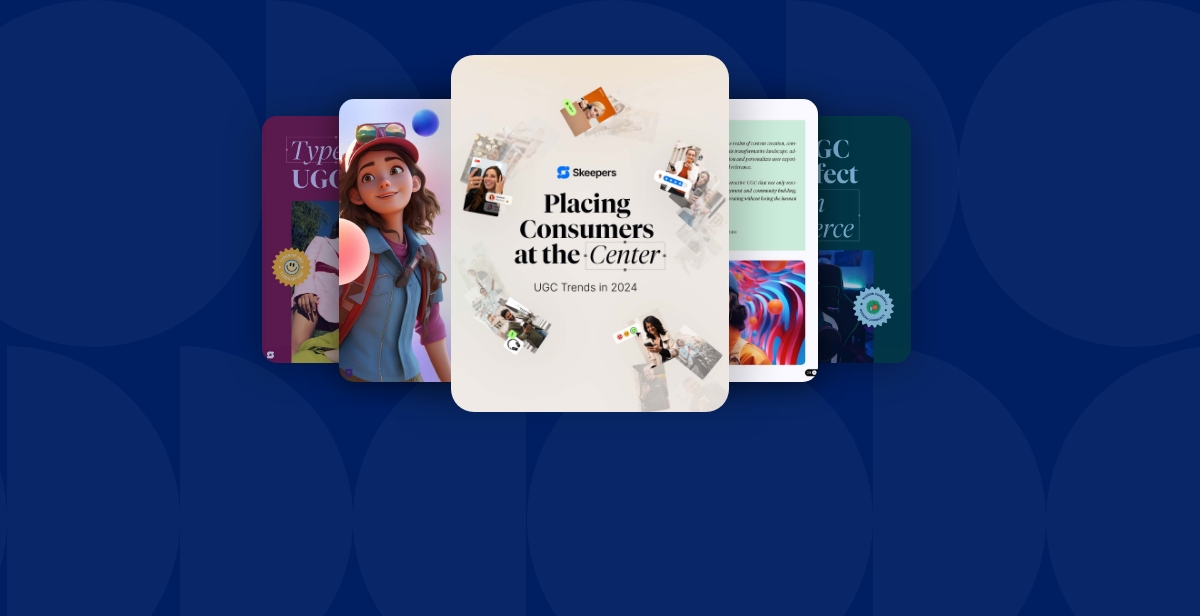Customer knowledge may seem like a very new concept, but in reality, it’s been around as long as businesses have been collecting data on customers. Whenever a marketer, salesperson, CMO, or customer service rep takes the time to find out who their customers are and what they need, they are in the process of collecting...
Customer knowledge may seem like a very new concept, but in reality, it’s been around as long as businesses have been collecting data on customers. Whenever a marketer, salesperson, CMO, or customer service rep takes the time to find out who their customers are and what they need, they are in the process of collecting customer knowledge. Recently, with the rising popularity of inbound marketing and digital marketing initiatives, customer knowledge has been refined into a specific and measurable piece of data that is mainly used to help marketers better target their advertisements and campaigns.
Though this is how we often view customer knowledge, the reality is that the benefits of customer knowledge go far beyond the marketing department. Almost every aspect of a business benefits from the collection and analysis of customer knowledge, and this blog post sets out to help explain why.


#1 Sales
Sales is often viewed as the twin brother of marketing. Certainly, sales and marketing are closely linked and often overlap, so it may not be surprising that customer knowledge is extremely useful for sales initiatives. Not only does customer knowledge help sales representatives get to know the person they are trying to sell to, but it helps them to get feedback on any issues in the buyer journey or sales process so that they can refine the buying experience. Without knowing how current customers feel about being your customer, it’s impossible to make the experience better for the next customers. Collecting customer knowledge ultimately helps the sales department:
- Reduce churn
- Increase conversions
- Sell smarter
- Eliminate ineffective strategies
By allowing them to find out who their customers are, what they need, and how well you are delivering it to them.
#2 Customer Service
Sales is where you get your customers, customer service is where you keep them. Bad customer service is one of the main reasons why companies lose customers, and 82% of consumers say that they would stop doing business with a company that gave them a bad customer service experience. Not only that, but many companies are blinded by how good their customer service really is. While 80% of companies believe that they deliver “superior” customer service, only 8% of customers agreed.

That’s a lot of miscommunication. Gathering customer knowledge helps you to clear that up so that you can a) know how your company is doing in terms of the customer service that you offer and b) know what you need to do to improve. Marketing departments and customer service departments need to work together so that they can align their ideas and offer a consistent and enjoyable buyer journey to their customers from start to end.

Source: helpscout
Product Innovation
Another area that benefits from customer knowledge is development and product innovation. When we take the time to get to know our customer and their wants and needs, we end up getting great ideas on how to make our product better. Sending out surveys asking customers what new innovations they would like to see with your product is a great way to show the customer that you care and also get relevant new ideas for product development. It is important that your customers be the guiding force in your company- the goal should always be to find out what they want, and give it to them.
Accounting
Collecting customer knowledge can even influence your company’s bookkeeping. When it comes to making yearly, quarterly, and even daily budgets, it’s necessary to know what resources need to be allocated for what. If you don’t know what your customers want, you have no direction and no way to decide where to add more resources, and where to cut. Customer feedback also allows you to know what initiatives, employees, and departments in your company are working well and getting the job done, and which ones need help. All of this gets reflected in your books. Customer knowledge doesn’t tell you how much money is being spent, but it tells you why it’s being spent and how well it’s working for you.
Human Resources
The job of the HR department is to keep employees happy, and the job of the employees is to keep the customers happy. These ideas are linked. The HR department can benefit from acquiring customer knowledge because having information on customers is good for the company morale and helps empower and direct the employees in a company. Collecting customer knowledge takes the mystery out of the job: employees can understand what their customers expect from them, and this can help them figure out what they need to do to make their position more helpful for the good of the company. The HR department should have access to the customer knowledge data of the company because this information will help those in HR better understand the employees that they serve.
It may seem like customer knowledge only benefits the marketing department. But a company is an organic, growing, changing entity with parts that weave in and out and work together to keep it functioning well. Customer knowledge is a bit like the compass that keeps the machine moving in the right direction. Without knowing how customers are doing and how they feel about your product, it’s a bit of a guessing game as to how to move forward as a company. Taking the guesswork out will benefit your customers, your employees, and ultimately, your bottom line, so take the time to learn about the customers you serve.








